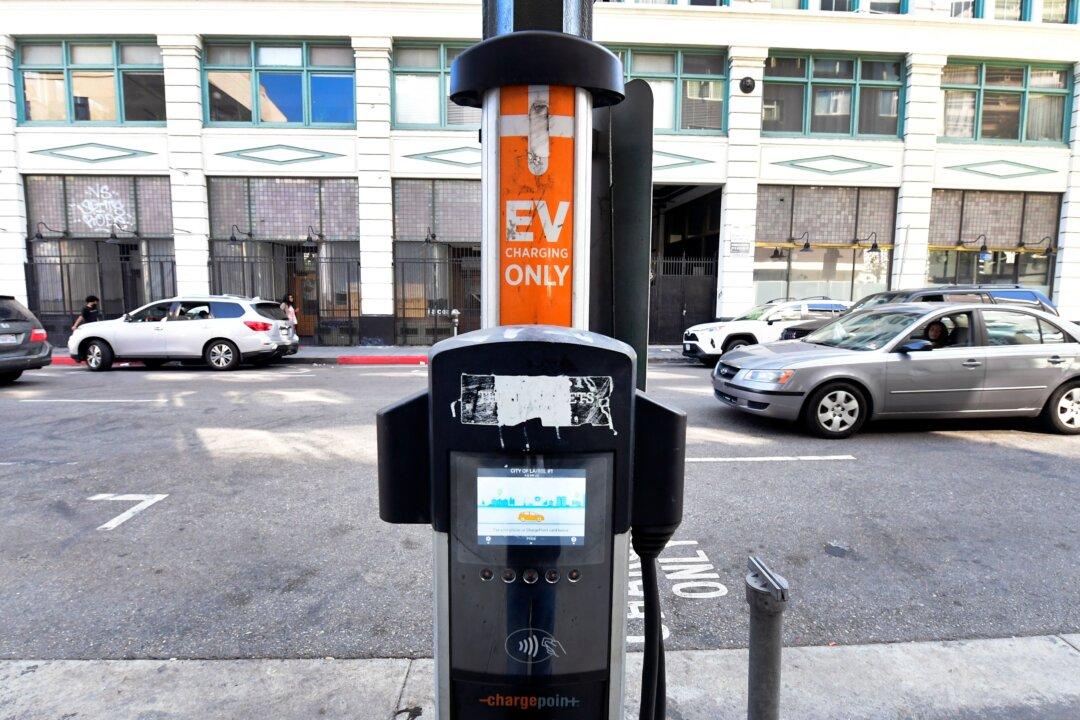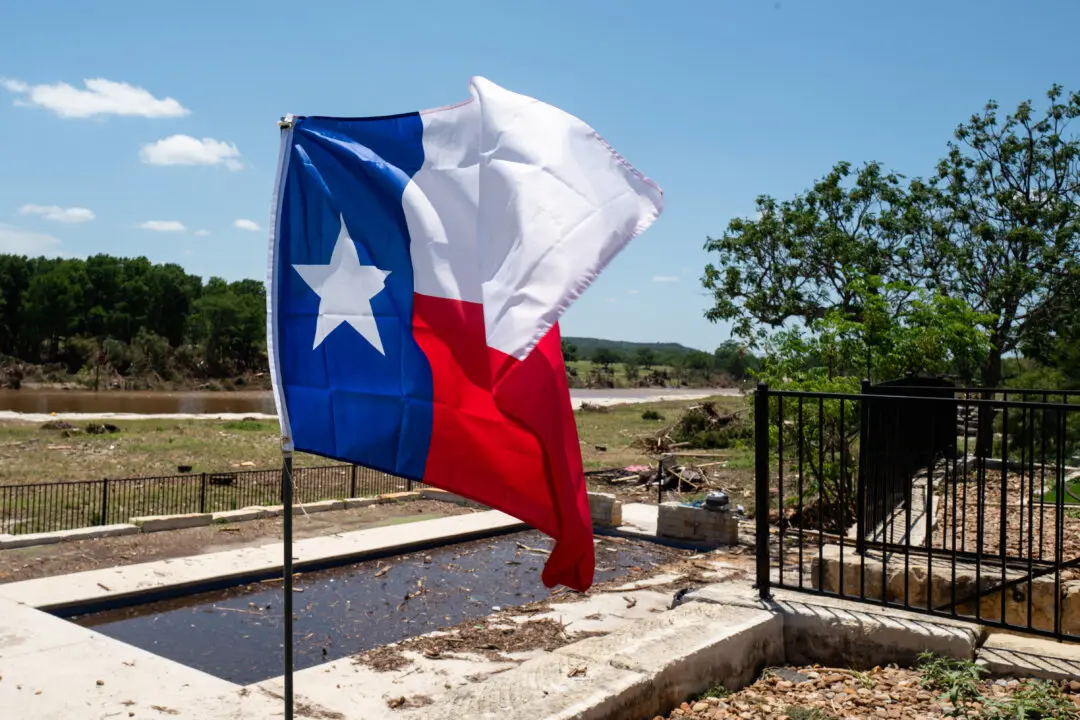On Aug. 5, the Biden administration issued an executive order on vehicle emissions. In addition to instructing the Environmental Protection Agency to adopt California’s stringent emissions standards, it sets the goal that 50 percent of all light trucks and passenger cars be plug-in electric, battery cell electric, or fuel cell electric by 2030.
The order has come as the Senate works to finalize a bipartisan infrastructure bill that could include $7.5 billion for a national electric vehicle charging network as well as billions for electric and low-emission buses and $6 billion for battery manufacturing. An earlier version of the bill included $100 billion in subsidies for the purchase of electric vehicles.





